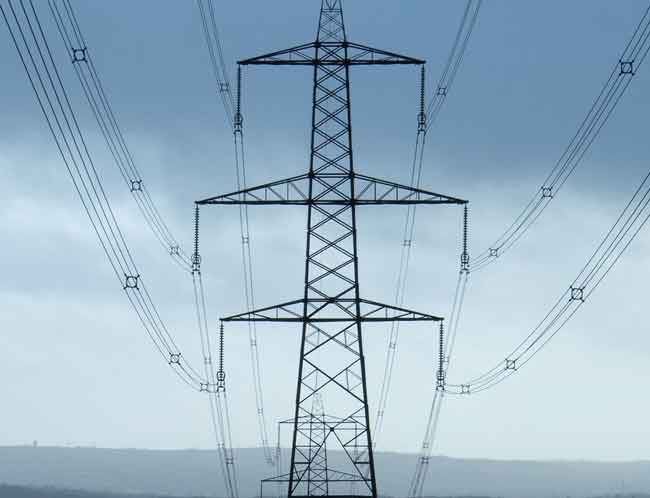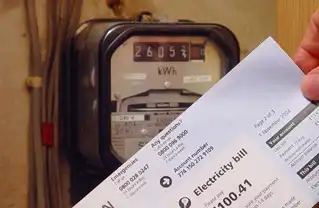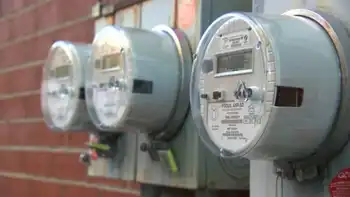Sudbury Electrification and Grid Expansion is driving record power demand, EV charging, renewable energy planning, IESO forecasts, smart grid upgrades, battery storage, and industrial electrification, requiring cleaner power plants and transmission capacity in northern Ontario.
Key Points
Rising electricity demand and clean energy upgrades in Sudbury to power EVs, industry, and a smarter, expanded grid.
✅ IESO projects system size may need to more than double
✅ EVs and smart devices increase peak and off-peak load
✅ Battery storage and V2G can support reliability and resiliency
Sudbury, Ont., is consuming more power than ever, amid an electricity supply crunch in Ontario, according to green energy organizations that say meeting the demand will require cleaner energy sources.
"This is the welfare of the entire city on the line and they are putting their trust in electrification," said David St. Georges, manager of communications at reThink Green, a non-profit organization focused on sustainability in Sudbury.
According to St. Georges, Sudbury and northern Ontario can meet the growing demand for electricity to charge clean power for EVs and smart devices.
According to the Independent Electricity System Operator (IESO), making a full switch from fossil fuels to other renewable energy sources could require more power plants, while other provinces face electricity shortages of their own.
"We have forecasted that Ontario's electricity system will need significant expansion to meet this, potentially more than doubling in size," the IESO told CBC News in an emailed statement.
Electrification in the industrial sector is adding greater demand to the electrical grid as electric cars challenge power grids in many regions. Algoma Steel in Sault Ste. Marie and ArcelorMittal Dofasco in Hamilton both aim to get electric arc furnaces in operation. Together, those projects will require 630 megawatts.
"That's like adding four cities the size of Sudbury to the grid," IESO said.
Devin Arthur, chapter president of the Electric Vehicle society in Greater Sudbury, said the city is coming full circle with fully electrifying its power grid, reflecting how EVs are a hot topic in Alberta and beyond.
"We're going to need more power," he said.
"Once natural gas was introduced, that kind of switched back, and everyone was getting out of electrification and going into natural gas and other sources of power."
Despite Sudbury's increased appetite for electricity, Arthur added it's also easier to store now as Ontario moves to rely on battery storage solutions.
"What that means is you can actually use your electric vehicle as a battery storage device for the grid, so you can actually sell power from your vehicle that you've stored back to the grid, if they need that power," he said.
Harneet Panesar, chief operating officer for the Ontario Energy Board, told CBC the biggest challenge to going green is seeing if it can work around older infrastructure, while policy debates such as Canada's 2035 EV sales mandate shape the pace of change.
"You want to make sure that you're building in the right spot," he said.
"Consumers are shifting from combustion engines to EV drivetrains. You're also creating more dependency. At a very high level, I'm going to say it's probably going to go up in terms of the demand for electricity."
Fossil fuels are the first to go for generating electricity, said St. Georges.
"But we're not there yet, because it's not a light switch solution. It takes time to get to that, which is another issue of electrification," he said.
"It's almost impossible for us not to go that direction."
Related News












